Copyright 2010 Piero Morosini
First published in 2010 by Marshall Cavendish Editions
An imprint of Marshall Cavendish International
PO Box 65829
London EC1P 1NY
United Kingdom
info@marshallcavendish.co.uk
and
1 New Industrial Road
Singapore 536196
genrefsales@sg.marshallcavendish.com
www.marshallcavendish.com/genref
Marshall Cavendish is a trademark of Times Publishing Limited
Other Marshall Cavendish offices: Marshall Cavendish International (Asia) Private Limited, 1 New Industrial Road, Singapore 536196 Marshall Cavendish Corporation. 99 White Plains Road, Tarrytown NY 10591-9001, USA Marshall Cavendish International (Thailand) Co Ltd. 253 Asoke, 12th Floor, Sukhumvit 21 Road, Klongtoey Nua, Wattana, Bangkok 10110, Thailand Marshall Cavendish (Malaysia) Sdn Bhd, Times Subang, Lot 46, Subang Hi-Tech Industrial Park, Batu Tiga, 40000 Shah Alam, Selangor Darul Ehsan, Malaysia
The right of Piero Morosini to be identified as the author of this work has been asserted by him in accordance with the Copyright, Designs and Patents Act 1988.
All rights reserved
No part of this publication may be reproduced, stored in a retrieval system or transmitted, in any form or by any means, electronic, mechanical, photocopying, recording or otherwise, without the prior permission of the copyright owner. Requests for permission should be addressed to the publisher.
The author and publisher have used their best efforts in preparing this book and disclaim liability arising directly and indirectly from the use and application of this book.
All reasonable efforts have been made to obtain necessary copyright permissions. Any omissions or errors are unintentional and will, if brought to the attention of the publisher, be corrected in future printings.
A CIP record for this book is available from the British Library
978-9-814-27689-4
Printed and bound in Great Britain by
TJ International Ltd, Padstow, Cornwall
To Siwar, Munay Quinti, Rumiawi and the Otorongo
About the author
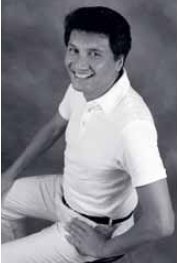
PIERO MOROSINI is an internationally recognized author and keynote speaker who helps individuals and organizations apply imagination in order to create new and successful futures.
Piero has been selected as one of the world's next-generation thought leaders in management (Next Generation Business Handbook, Wiley, 2004), and was a worldwide award winner for thought leadership at Accenture. His work has been published in books (The Common Glue, Elsevier, 2005; Managing Complex Mergers, Financial Times/Prentice Hall, 2004; Managing Cultural Differences, Pergamon Press, 1998), video cases, case studies and articles in the international media, and in leading academic journals.
Piero is a Peruvian and Italian national, and holds a PhD in management as well as an MA and an MBA at the Wharton School, Philadelphia. He lives in Lima, Peru, where he carries out social work in support of the Andean communities ancestral art and culture. He is married, with a son and a daughter.
Contact: sevenkeystoimagination@gmail.com
figures and tables

prelude
It always seems impossible until it's done.
Nelson Mandela (1918)
IDYLICALLY LOCATED ON A HILL overlooking Rimini the dazzling summer resort along the Italian coastline of the Adriatic the San Patrignano community could be mistaken for one of the holiday seaside villages that are so common in the Mediterranean region. Andrea Muccioli, the community's head, describes with contained pride the achievements of his ragazzi (kids):
 | In 1989 we set ourselves the difficult and for an outsider a bit foolish commitment of rebuilding the Italian breeding of world-class showjumping horses in Italy. And after just five years our horses won gold medals in both the individual and team competitions at the 1994 World Championship at The Hague. Nobody had ever done this before and I believe no one will again. Our annual San Patrignano horse jumping event has ever since been one of the world's best []. Since we started producing wine professionally in 1994, we have also won every major prize for best wines in Italy, and we can show similar levels of excellence in each of the 57 business activities we run now [in 2009]. |
San Patrignano was also, in 2009, a community managed by 2,000 hardened drug users in rehabilitation, the largest such community in the world. Founded in 1978 by Vincenzo Muccioli, a Rimini-based insurance broker, San Patrignano defines itself as a family community for the inclusion of the outcast, boasting a 72 per cent drug rehabilitation rate the world's highest. Members of the community referred to as guests must complete an educational training that lasts three years on average, using neither therapists nor drug replacements such as methadone. The whole educational programme, which costs the community an annual 10,000 per guest, is offered entirely free. (In comparison, the annual costs of methadone-based therapies or incarceration typically amount to over 20,000 per person, an amount that is usually paid either by the patient or by the state, or a combination of both, with success rates of up to 50 per cent in the best institutions.) San Patrignano's guests learn a profession inside the community by choosing from 57 different activities, ranging from wine production and gourmet cuisine to fine handicrafts, artistic photography and prize horse breeding. In all these activities, San Patrignano demands world-class standards of excellence from its guests, and achieves them. In fact, from the outset, the community has applied a self-support policy, depending on the sale of its own products and services and private fund-raising activities to sustain its entire financial needs.
Vincenzo Muccioli died unexpectedly in September 1995, leaving his 31-year-old son Andrea, a trained lawyer, to succeed him. Andrea describes his father:
 | He was a man with a great humanity, a great capacity to project himself in others. He was, in my opinion, a man of the Renaissance, a man out of his time, but in another sense a man very much in our own time. Because a person that anticipates his own times is someone who really belongs to them. You need a great sensitivity and a great intuition to do this. This is what we call a capacity for vision. He was that kind of man. |
Just before his untimely death, Vincenzo Muccioli gave an insight into how his unlikely transformation from successful insurance broker to head of a most remarkable family-style community had started inadvertently, sparked off by his regular evening walk home from work through Rimini's central piazza:
 | When I look back to the beginning of this whole story and I look around, it seems light-years away from me; while instead the memories, the images, are so much alive and stuck in my mind, it seems yesterday. My spirit of observation led me to notice what was happening around me. I'm not able to walk around and miss the trees, the flowers or the grass there is Life! And so, by walking around my city, I couldn't miss people feeling bad, suffering from serious problems, living a drama there it was, all this youth, disconnected and switched off. There had to be a reason for this situation. But it seemed to me that other people did not want to realize what was going on. Unlike them, I wanted to get closer to these young people. |

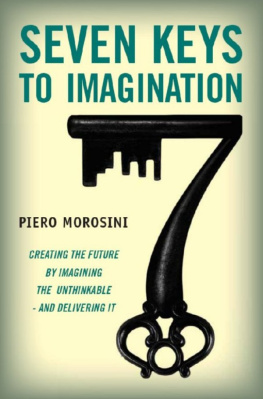
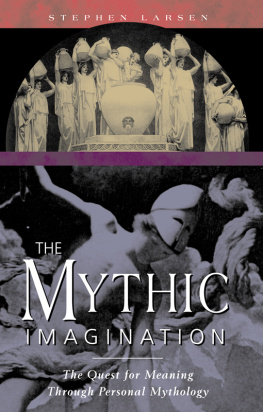
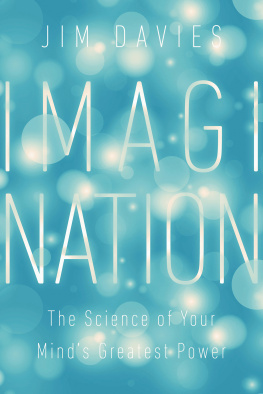

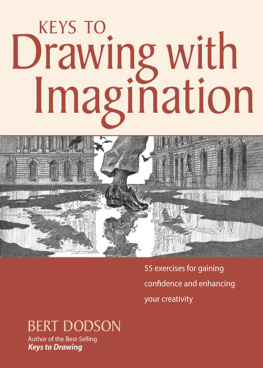
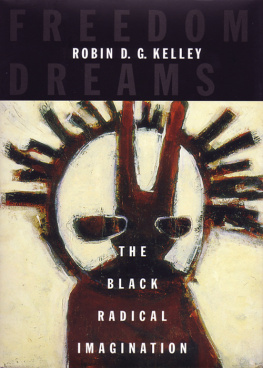
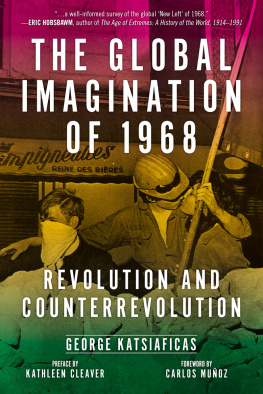
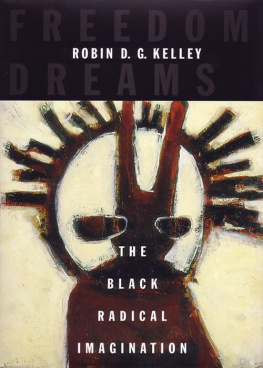
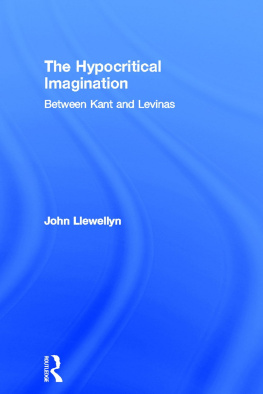
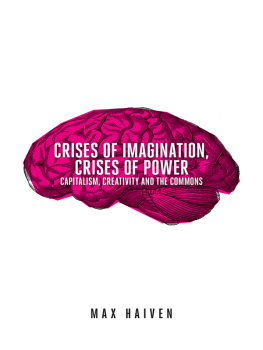
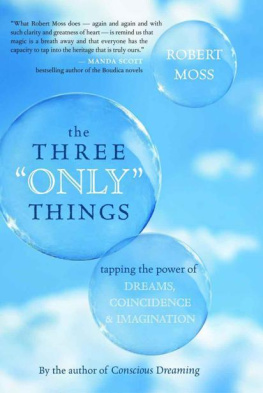

 prelude
prelude